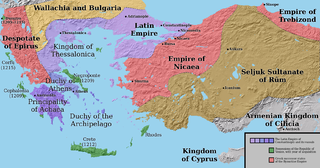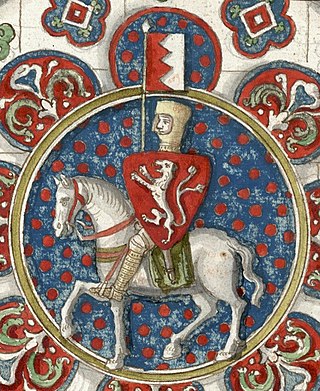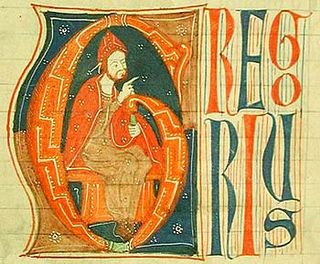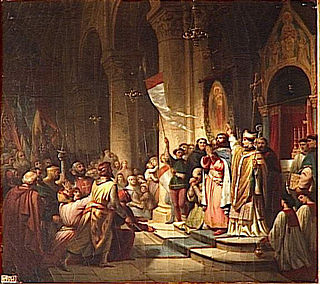| Millennium: | 2nd millennium |
|---|---|
| Centuries: | |
| Decades: | |
| Years: |
| 1206 by topic |
|---|
| Leaders |
| Birth and death categories |
| Births – Deaths |
| Establishments and disestablishments categories |
| Establishments – Disestablishments |
| Art and literature |
| 1206 in poetry |
| Gregorian calendar | 1206 MCCVI |
| Ab urbe condita | 1959 |
| Armenian calendar | 655 ԹՎ ՈԾԵ |
| Assyrian calendar | 5956 |
| Balinese saka calendar | 1127–1128 |
| Bengali calendar | 613 |
| Berber calendar | 2156 |
| English Regnal year | 7 Joh. 1 – 8 Joh. 1 |
| Buddhist calendar | 1750 |
| Burmese calendar | 568 |
| Byzantine calendar | 6714–6715 |
| Chinese calendar | 乙丑年 (Wood Ox) 3903 or 3696 — to — 丙寅年 (Fire Tiger) 3904 or 3697 |
| Coptic calendar | 922–923 |
| Discordian calendar | 2372 |
| Ethiopian calendar | 1198–1199 |
| Hebrew calendar | 4966–4967 |
| Hindu calendars | |
| - Vikram Samvat | 1262–1263 |
| - Shaka Samvat | 1127–1128 |
| - Kali Yuga | 4306–4307 |
| Holocene calendar | 11206 |
| Igbo calendar | 206–207 |
| Iranian calendar | 584–585 |
| Islamic calendar | 602–603 |
| Japanese calendar | Genkyū 3 / Ken'ei 1 (建永元年) |
| Javanese calendar | 1114–1115 |
| Julian calendar | 1206 MCCVI |
| Korean calendar | 3539 |
| Minguo calendar | 706 before ROC 民前706年 |
| Nanakshahi calendar | −262 |
| Thai solar calendar | 1748–1749 |
| Tibetan calendar | 阴木牛年 (female Wood-Ox) 1332 or 951 or 179 — to — 阳火虎年 (male Fire-Tiger) 1333 or 952 or 180 |

Year 1206 ( MCCVI ) was a common year starting on Sunday of the Julian calendar.














